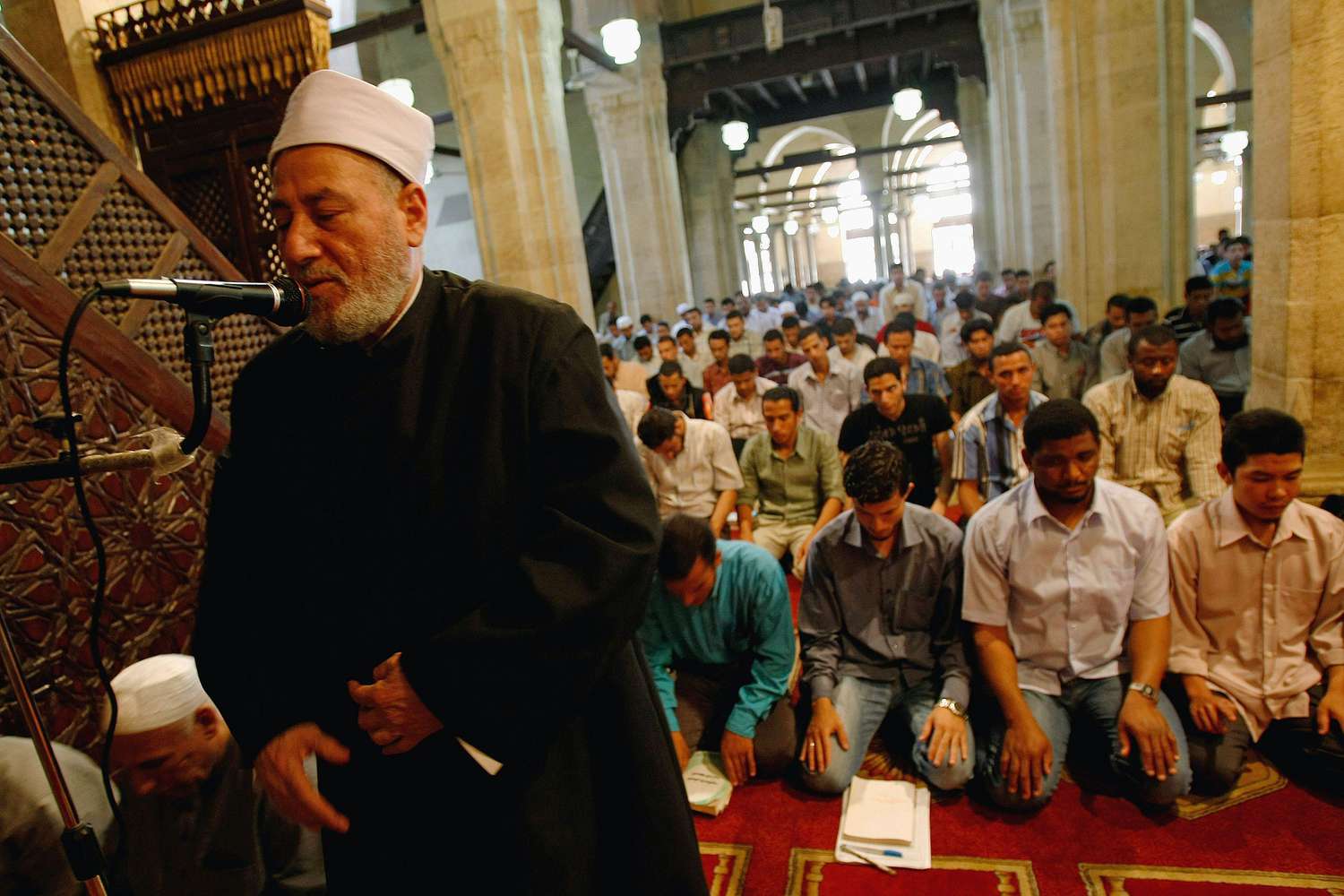Introduction
An Imam is more than just a leader of prayers in a mosque. This pivotal figure in Islam serves as a spiritual guide, community leader, educator, and counselor. The significance of an Imam’s role cannot be overstated, as they help shape the religious and social fabric of Muslim communities.
Historical Background of the Imam
The title “Imam” has its roots in early Islamic history. Initially, it was used to refer to leaders who guided the Muslim community in both religious and political matters. Over time, the role has evolved, focusing primarily on religious leadership within local communities.
Key Qualities of an Imam
To fulfill their responsibilities effectively, an Imam must possess several key qualities:
Knowledge of Islam
A deep understanding of Islamic teachings, including the Quran, Hadith, and Fiqh, is essential. This knowledge allows the Imam to provide accurate religious guidance.
Leadership Skills
An Imam must be able to lead by example, inspire the community, and manage mosque affairs efficiently.
Compassion and Empathy
Being approachable and understanding is crucial for addressing the needs and concerns of community members.
Educational Requirements
Traditional Islamic Education
Traditionally, Imams receive education at religious institutions known as madrasas, where they study the Quran, Hadith, Fiqh, and other Islamic sciences.
Modern Educational Paths
In many parts of the world, aspiring Imams also pursue higher education degrees in Islamic Studies, which combine traditional knowledge with contemporary subjects.
Spiritual Leadership
Leading Prayers
One of the primary duties of an Imam is to lead the five daily prayers, Jumu’ah (Friday) prayers, and special prayers during Islamic events.
Delivering Sermons
Imams deliver khutbahs (sermons) that provide religious teachings and address contemporary issues affecting the community.
Providing Spiritual Guidance
Imams offer spiritual advice and support to help individuals strengthen their faith and navigate life’s challenges.
Community Involvement
Social and Community Services
Imams play a vital role in organizing and participating in community service activities, such as charity events and outreach programs.
Conflict Resolution
Mediating disputes and fostering harmony within the community is another critical aspect of an Imam’s duties.
Engagement in Community Events
Active participation in local events helps Imams build stronger relationships with community members and other leaders.
Educational Duties
Teaching Quran and Hadith
Imams often teach Quranic recitation and Hadith studies, ensuring that community members have a strong foundation in their faith.
Organizing Religious Classes
They organize and conduct classes on various aspects of Islam, catering to different age groups and knowledge levels.
Mentoring Younger Members
Imams mentor young people, guiding them through their religious education and personal development.
Counseling and Support
Offering Personal Counseling
Imams provide counseling for personal issues, helping individuals deal with emotional and psychological challenges.
Marital and Family Counseling
They assist couples and families in resolving conflicts and fostering healthy relationships.
Support During Crises
During times of crisis, such as bereavement or natural disasters, Imams offer spiritual and emotional support to affected individuals.
Interfaith Activities
Building Relationships with Other Religious Communities
Imams engage with leaders of other faiths to promote mutual understanding and cooperation.
Participating in Interfaith Dialogues
Through interfaith dialogues, Imams help address common social issues and build bridges between different religious communities.
Imam in Different Cultures
Role Variations in Different Muslim Societies
The role and expectations of Imams can vary significantly across different cultures and regions.
Impact of Cultural Contexts
Cultural contexts influence how Imams perform their duties and interact with their communities.
Challenges Faced by Imams
Balancing Traditional and Modern Expectations
Imams often navigate the delicate balance between upholding traditional Islamic values and addressing modern societal changes.
Addressing Community Conflicts
They must be adept at managing conflicts within the community, ensuring peace and unity.
Dealing with Personal Stress
The demands of the role can be overwhelming, requiring Imams to manage their stress and well-being effectively.
Imam’s Role in Modern Society
Adapting to Contemporary Issues
Imams must address modern challenges, such as youth engagement, social justice, and technological advancements.
Use of Technology and Social Media
Utilizing technology and social media helps Imams reach a broader audience and stay connected with the community.
Addressing Youth Concerns
Engaging with the youth and understanding their unique challenges is crucial for maintaining their involvement in the faith.
Women as Imams
Historical Context
Historically, the role of Imam has been predominantly male, but there have been instances of female religious leaders.
Current Debates and Perspectives
The topic of women serving as Imams is currently debated within the Muslim community, with varying perspectives based on different interpretations of Islamic teachings.
Case Studies
Notable Imams in History
Historical figures such as Imam Abu Hanifa and Imam Shafi’i have left a lasting impact on Islamic jurisprudence and leadership.
Modern-Day Influential Imams
Contemporary Imams, like Imam Suhaib Webb and Imam Zaid Shakir, are known for their contributions to Islamic scholarship and community leadership.
Conclusion
The role of an Imam is multifaceted, encompassing spiritual leadership, community involvement, education, and counseling. Supporting Imams in their duties is crucial for the well-being and cohesion of Muslim communities.
FAQs
What is the main role of an Imam?
The main role of an Imam is to lead prayers, provide spiritual guidance, and support the community in various religious and social matters.
How can one become an Imam?
To become an Imam, one typically pursues traditional Islamic education at a madrasa or an Islamic university, gaining in-depth knowledge of the Quran, Hadith, and Islamic jurisprudence.
Can women be Imams?
While traditionally the role has been male-dominated, there is ongoing debate and differing perspectives within the Muslim community about women serving as Imams.
What challenges do Imams face today?
Imams today face challenges such as balancing traditional and modern expectations, managing community conflicts, and addressing contemporary issues like youth engagement and social justice.
How do Imams contribute to interfaith harmony?
Imams contribute to interfaith harmony by building relationships with leaders of other faiths, participating in interfaith dialogues, and addressing common social issues.
